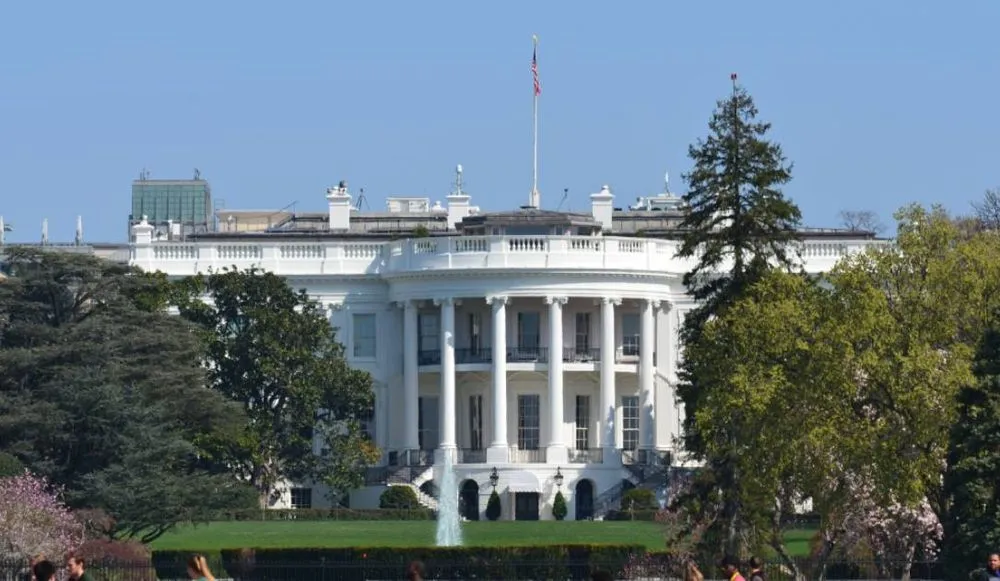White House unveils ‘whole of society’ push to expand cybersecurity workforce
A sweeping partnership comprising nine government agencies and more than 200 nonprofits, corporations, colleges and universities will together build an organized “whole of society” approach to expanding the cybersecurity workforce, the Office of the National Cyber Director (ONCD) announced Monday.
The National Cyber and Workforce Education Strategy includes more than $24 million in grants from the National Science Foundation (NSF) for cyber education at colleges and universities in Alabama, California, Idaho, Mississippi, New York, and Tennessee, reflecting the effort to reach a large number of students off the coasts who NSF official James Moore called the “missing millions.”
The grants will fund cybersecurity education scholarships at seven schools, including the historically Black Tuskegee University, and reflect the NSF’s commitment to bolstering the cyber workforce through education and a focus on reaching diverse communities, Moore said at a press briefing about the initiative on Monday.
The National Institute of Standards and Technology will award up to $3.6 million for regional alliances to fuel cybersecurity education and workforce development projects. The Department of Labor will contribute $65 million, funding grants to 45 states and territories to nurture and ultimately scale apprenticeship programs in cybersecurity and other critical sectors.
The U.S. workforce has hundreds of thousands of cybersecurity job vacancies, a reality which Camille Stewart Gloster, a deputy national cyber director, called “a national security imperative, an economic imperative, a human security imperative, but also… an opportunity for good paying jobs.”
Representing one of scores of nonprofits to contribute to the effort, internet entrepreneur Craig Newmark announced he will double his philanthropy’s existing commitment of $50 million in grants, many of which are to organizations devoted to building cyber capacity, often through diversity and inclusion efforts.
“This is about me putting my money where my mouth is,” Newmark said of the $100 million commitment, highlighting that many underrepresented communities can now have a pipeline to what he called “really good” jobs. “I look forward to continuing to be involved in this effort via funding — after all, a nerd’s got to do what a nerd’s got to do.”
The education and workforce strategy’s release follows the March unveiling of the national cyber strategy, a reflection of the Biden administration’s effort to “rebalance” accountability for defending cyberspace to corporations and large government agencies best positioned to combat risks, as opposed to individuals, small businesses and local governments which have historically shouldered much of that burden.
Enhancing cybersecurity has been a major priority for the Biden administration. Shortly before the president took office the SolarWinds hack in March 2020 compromised systems across the private sector and government agencies. In May 2021 a ransomware attack on the Colonial Pipeline caused a crippling gas shortage, highlighting the vulnerability of American critical infrastructure in dramatic fashion.
Correction: A previous version of this article incorrectly stated when the SolarWinds hack happened in relation to President Joe Biden taking office. The incident occurred before he was elected.
Suzanne Smalley
is a reporter covering digital privacy, surveillance technologies and cybersecurity policy for The Record. She was previously a cybersecurity reporter at CyberScoop. Earlier in her career Suzanne covered the Boston Police Department for the Boston Globe and two presidential campaign cycles for Newsweek. She lives in Washington with her husband and three children.



